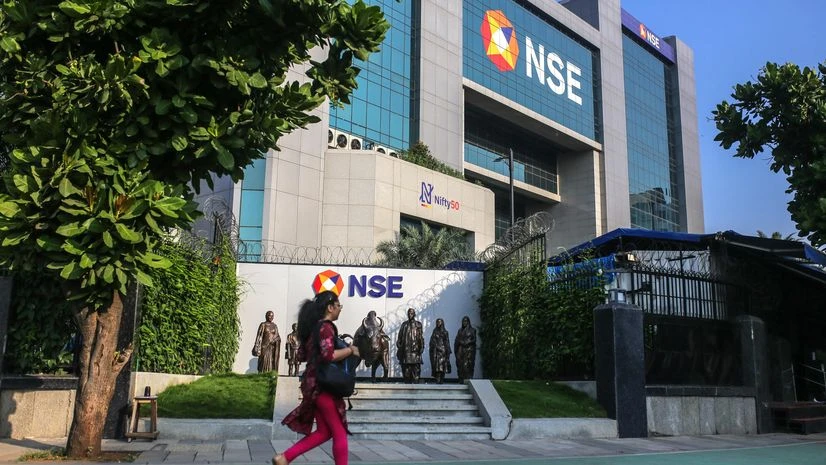The National Stock Exchange of India (NSE) is gearing up to strengthen its commodities segment with plans to roll out new contracts in the next few months, an NSE official said on Friday.
The exchange is looking to leverage its expansive reach and financial strength to make a significant mark in commodities trading.
NSE Chief Business Development Officer Sriram Krishnan said the exchange is considering rolling out new contracts in the next few months and the focus would be non-agri commodities as there is a lot of certainty in launching these asset classes as compared to agri commodities.
These additional contracts would be selected from a wide array of Sebi-approved commodities. Moreover, about 240 members have set up already and live on NSE commodities. These included foreign portfolio investors, algo participants and active market makers.
"NSE is convinced that commodities are a very big thing which is about to happen in India. We did a lot of analysis on which contracts come out, and FPI feedback to us was that we should come out with contracts which are cash settled," he added.
Also Read
Krishnan also said that NSE's commodities platform can become a stronghold for key products like crude oil and natural gas.
He also said that the market capitalisation of NSE-listed companies could double in the next 10 years to USD 12-13 trillion from USD 5.5 trillion at present by riding on the thriving Indian economy. The exchange took 30 years to reach USD 5.5 trillion as it has about 3,100 companies listed at present.
"We took 30 years to USD 5.5 trillion, and we have about 3,100 companies on the platform. So very logically, if you just do an extension of this logic, then we should add another 3,000 (to reach the market capitalization of USD 12-13 trillion). But in the next 10 years, it should happen because people think that India's GDP will, anyway, get to USD 10 trillion," Krishnan said here.
This growth will be supported by existing companies listed on the NSE, and addition of newer companies on the platform.
"There are 100 plus unicorns, many of them are not listed yet, so they could all add to the market cap as and when they get listed," he added.
On commodities segment, he mentioned that though India boasts one of the world's largest equity and derivatives markets, its commodities market remains relatively small. A significant opportunity lies in expanding this segment. In developed economies, the commodities market often outpaces the equities market in size, acting as a cornerstone for industries like agriculture, manufacturing, and infrastructure, he said.
"In India, commodities are a tiny space. That's where we thought, last year, that, you know, nse should get into commodities in a bigger way and attempt to make this a much bigger market. That was our motivation to relaunch commodities as product, as an asset class on the NSE platform," he added.
NSE Clearing Ltd., the exchange's clearing corporation, further enhances confidence with a substantial settlement guarantee fund of Rs 10,500 crore. This robust fund serves as a safety net, providing comfort for foreign and domestic participants alike, given the inherent risk of billions of trades handled by the platform.
When asked about NSE's much-awaited IPO, Krishnan said the exchange has not received any approval from Sebi.
The exchange had reapplied with the Securities and Exchange Board of India (Sebi) in August for a "no-objection" certificate for the IPO.
After receiving the NOC from Sebi, the exchange will draft a prospectus and submit it to Sebi. Once the regulatory review is complete and approval is granted, the exchange will proceed with launching its IPO. NSE's listing has been delayed due to several factors, including investigations into the exchange's preferential treatment of certain entities.
(Only the headline and picture of this report may have been reworked by the Business Standard staff; the rest of the content is auto-generated from a syndicated feed.)

)